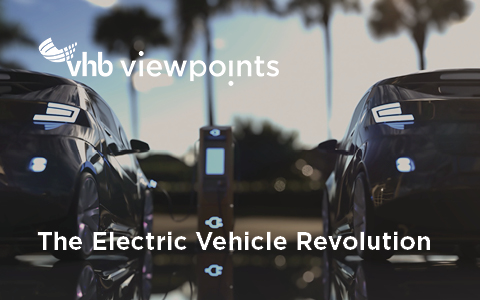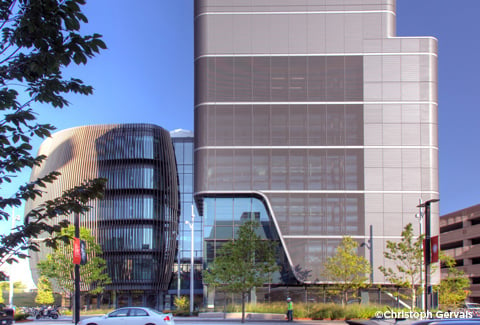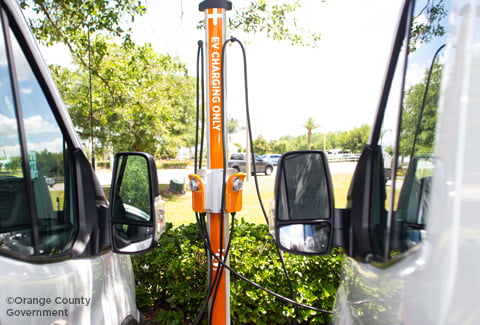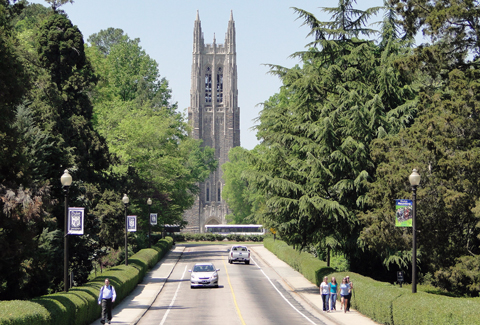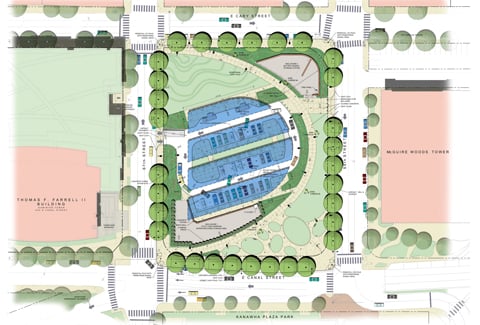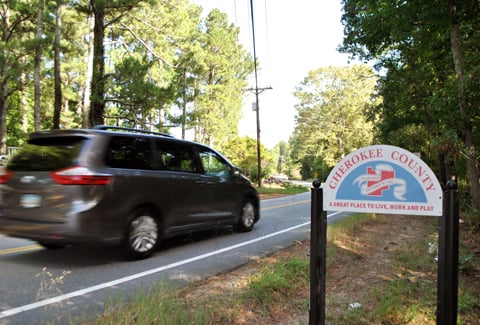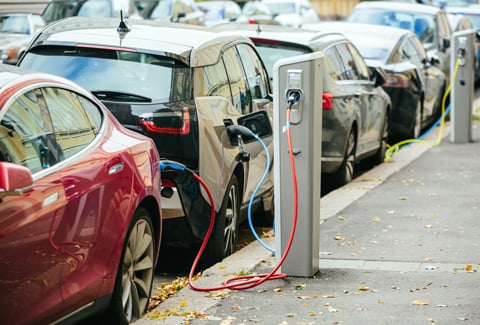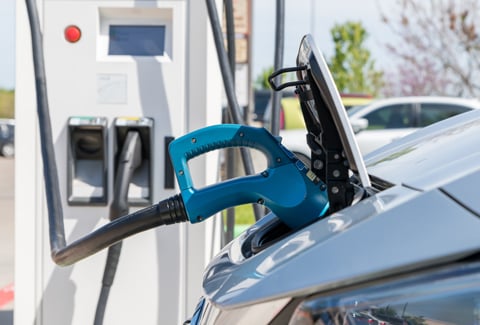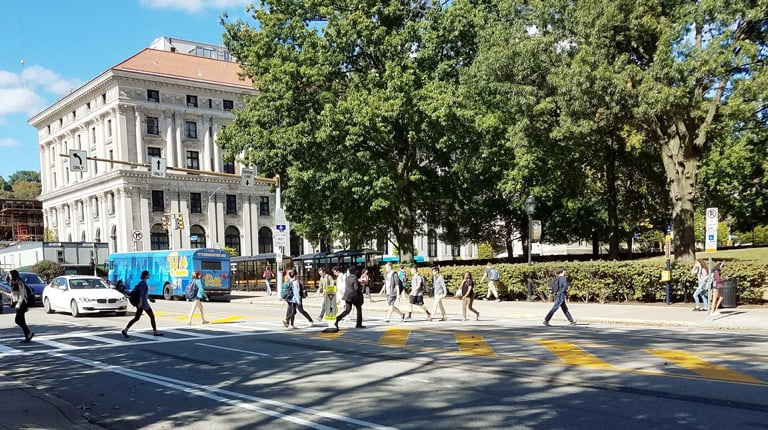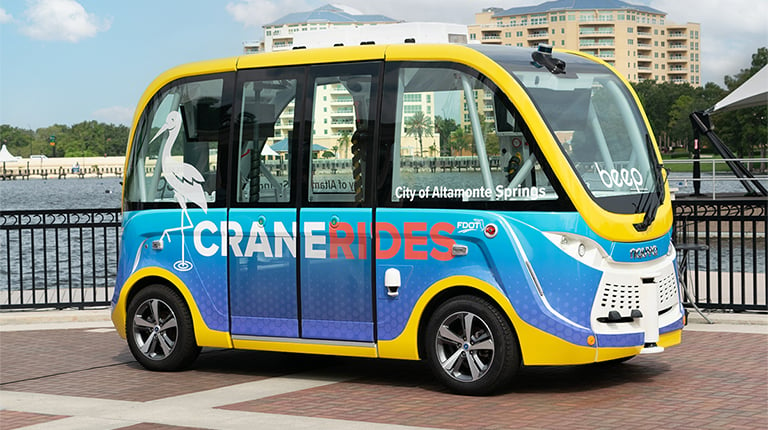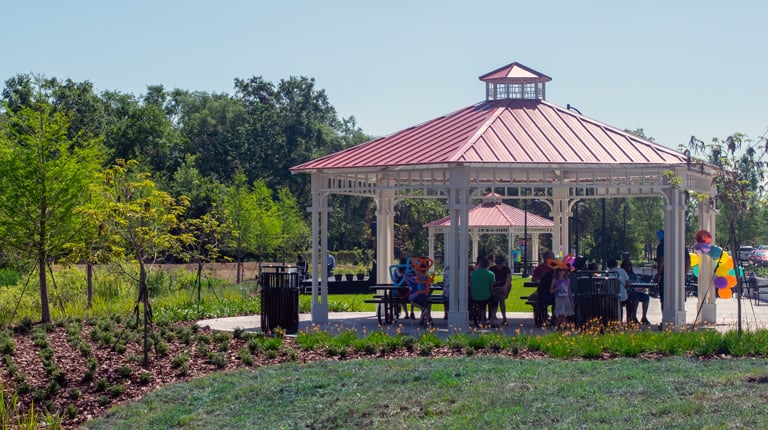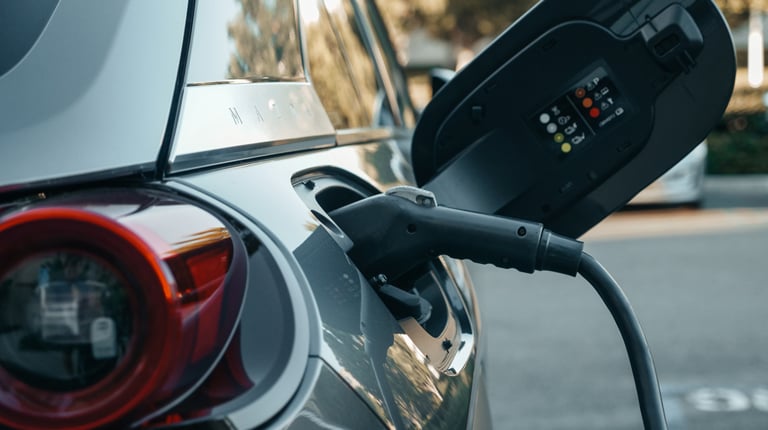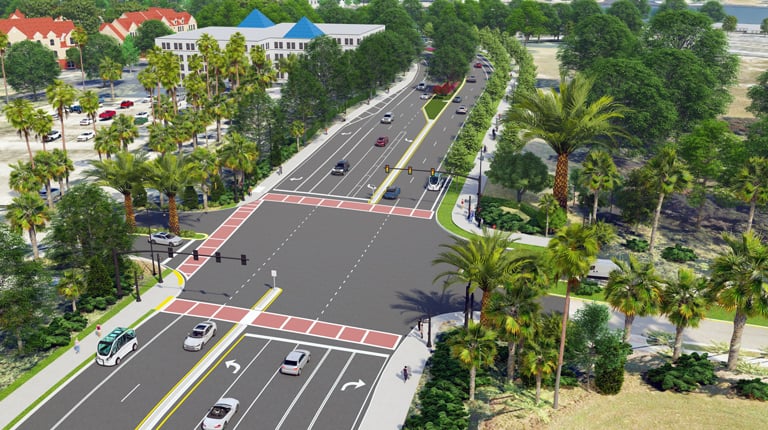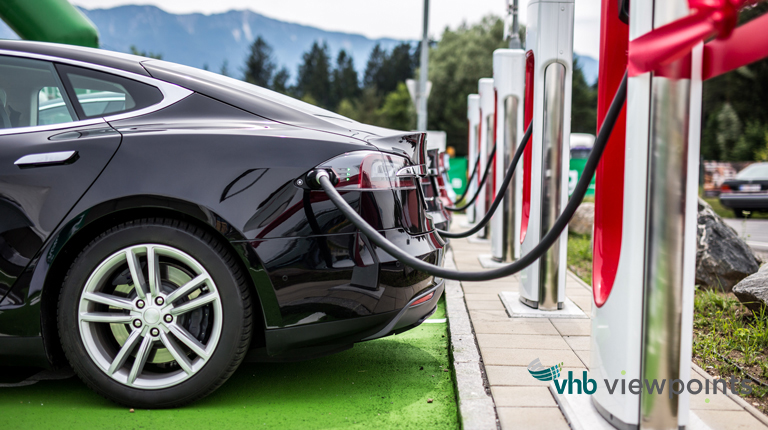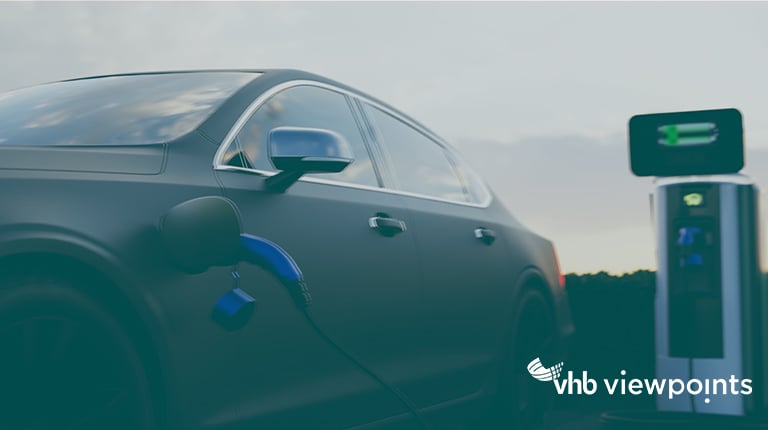Reducing Emissions. Enhancing Sustainability.
It’s no secret that greenhouse gas emissions are a significant source of air pollution fueling the global climate crisis. In response, we are experiencing a large-scale energy transformation and a clean energy revolution, with a clear progression toward renewable energy and a noticeable acceleration in the integration of electric vehicles (EVs).
EVs present an opportunity to reduce emissions from the transportation sector and enhance the sustainability of our communities. As the public’s demand for EVs intensifies, and as federal funding opportunities present themselves, the need for additional electric charging infrastructure is undisputable.
The Bipartisan Infrastructure Law includes a significant investment in public EV charging infrastructure to create a convenient, equitable, and accessible network of chargers, helping Americans to reduce carbon emissions and decrease reliance on fossil fuels. Current funding comes from two sources—the Charging and Fueling Infrastructure (CFI) Discretionary Grant Program, which provides $2.5 billion in discretionary competitive funds for communities and corridors, and the National Electric Vehicle Infrastructure (NEVI) Formula Program, which provides nearly $5 billion in federal funding to help states create a network of EV charging stations.
The transition to EVs is a positive disruptor that will impact many aspects of mobility. As it evolves, VHB continues to have conversations and explore solutions around land use, equitable infrastructure, safety, efficiency, standards and policies, and future charging technologies.
How Can VHB Help
VHB assists clients in developing innovative EV infrastructure solutions, from assessing funding eligibility and assisting with applications, to supporting the site identification, evaluation, and selection processes. Our experience with major infrastructure projects, combined with strong transportation, state and local agency relationships, and deep regulatory understanding, gives us insight into the needs and challenges of implementing EV infrastructure. VHB provides technical guidance to help clients maximize land development to accommodate new infrastructure that provides a safe and reliable driver experience. Together, we can prioritize the creation of future-focused and equitable solutions to accelerate the transition to an electric transportation future.
Related Services to Advance EV Infrastructure Needs
-
Environmental Assessment
-
EV Fleet Planning
-
Feasibility Study/Due Diligence
- GIS/Geospatial Services
- Grant Research & Application Writing
- Land Development
-
Land Use Planning, Engineering & Analysis
-
Landscape Architecture
-
Master Planning
-
Permitting: Federal, State, Local
- Renewable Energy
-
Regulatory Compliance
-
Site/Civil Engineering
-
Site Evaluation/Selection Assistance
-
Site Planning
- Stormwater Design & Engineering
- Sustainability
-
Transit Oriented Development (TOD)
- Transportation Planning and Engineering
-
Utilities Design & Coordination
-
Zoning Analysis

